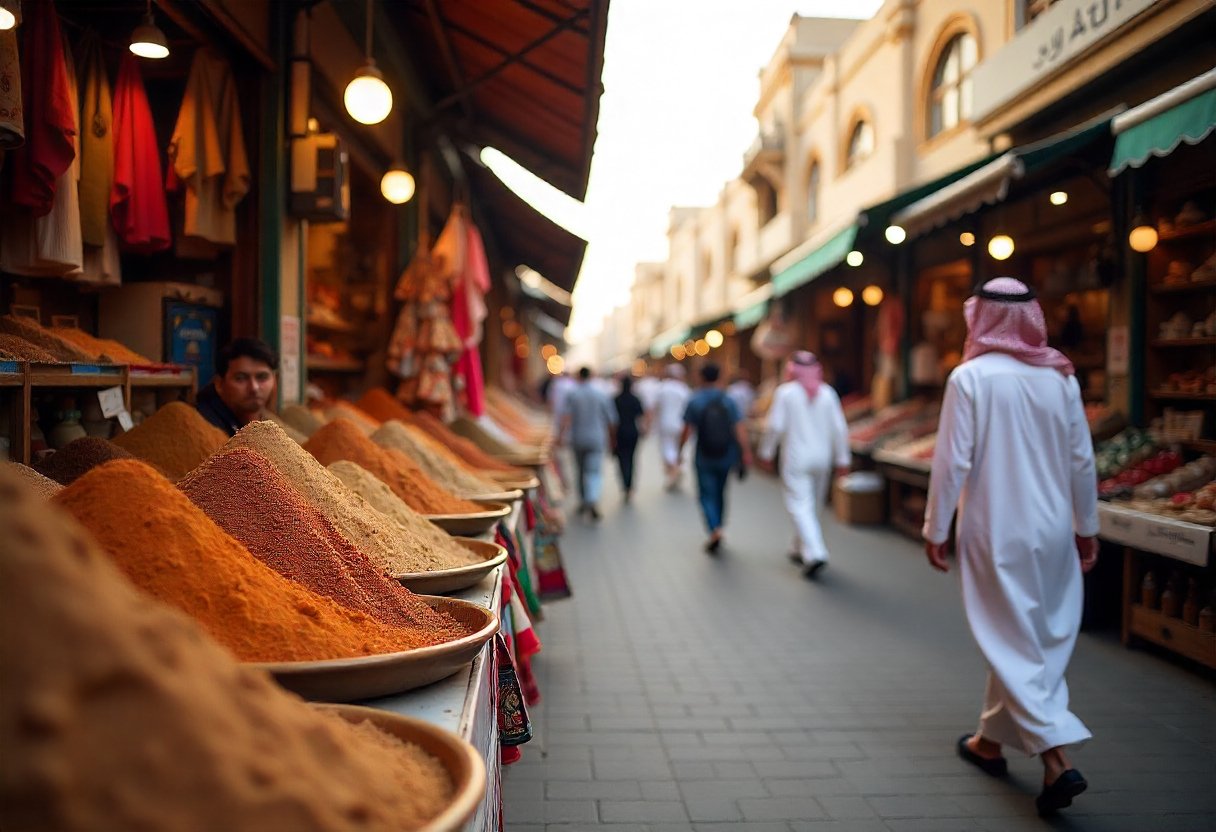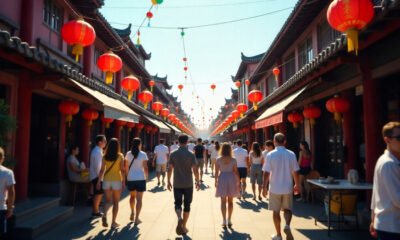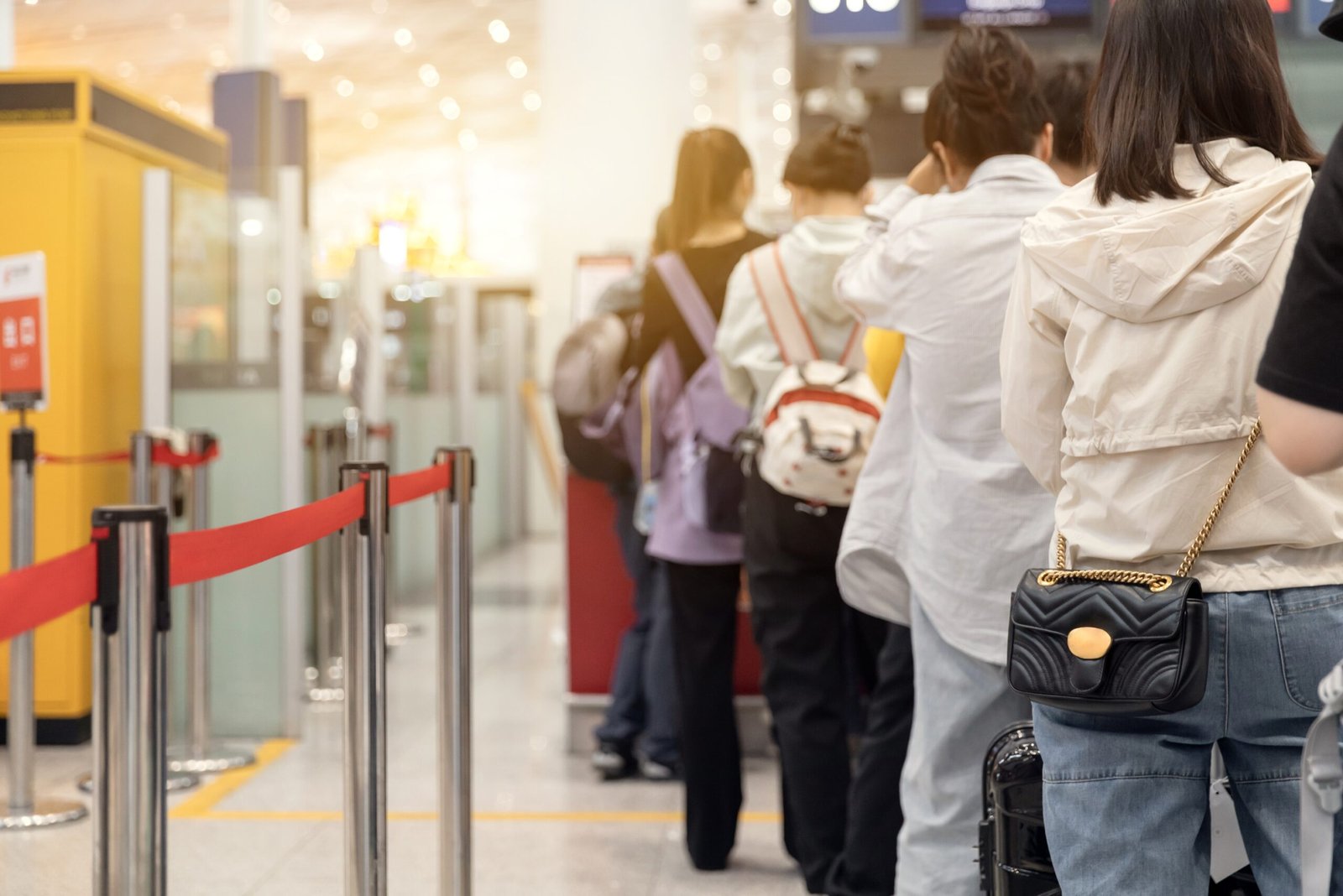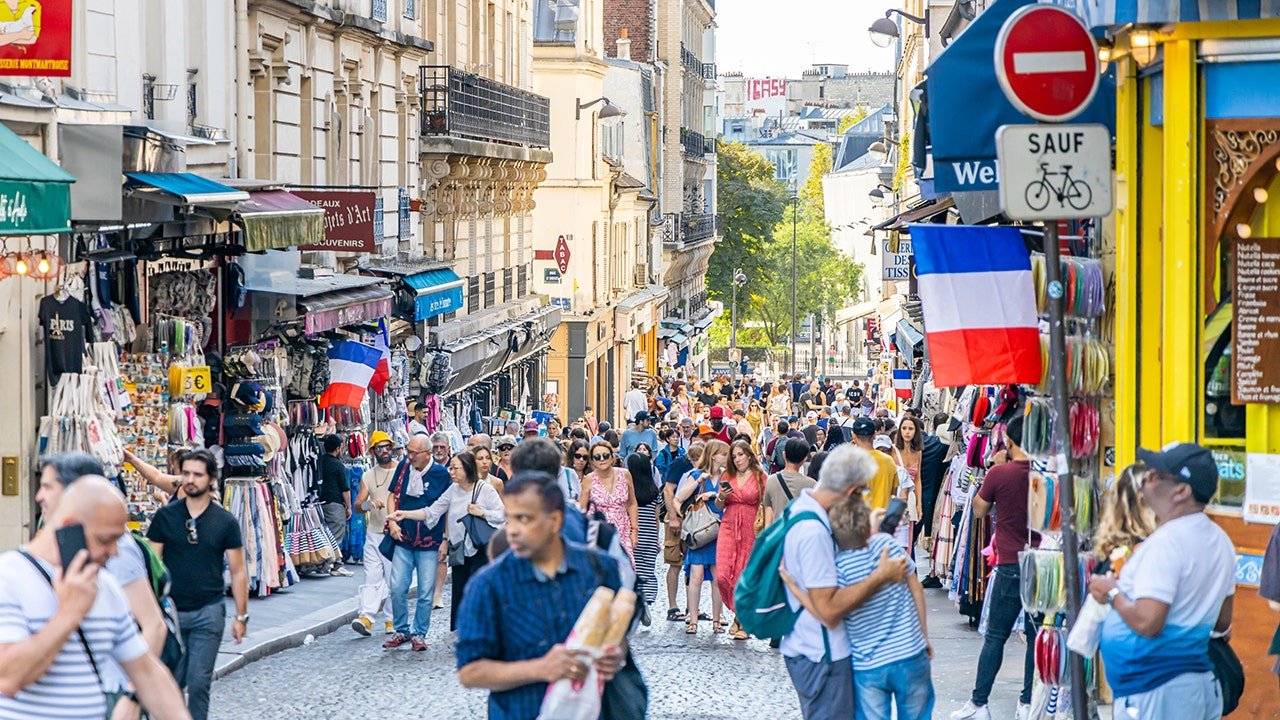Today, the State Department announced a new visa bond pilot program that will take effect on August 20. On that date, visitors from certain countries may need to pay a bond of $5,000 to $15,000 to enter the country as a tourist.
Like the $250 visa integrity fee introduced with the passage of the “One Big, Beautiful Bill,” it’s essentially a refundable security deposit. Visitors will get the money refunded if they don’t breach the terms of the bond.
The State Department attempted a similar move during Trump’s first term in office, implementing a six-month visa bond pilot program in 2020. But, pandemic-related travel restrictions forced the agency to put the program on hold.
Sign up for Kiplinger’s Free E-Newsletters
Profit and prosper with the best of expert advice on investing, taxes, retirement, personal finance and more – straight to your e-mail.
Profit and prosper with the best of expert advice – straight to your e-mail.
While its impact so far seems narrow in scope, the notice leaves room to expand its reach to more countries as the program continues. Here’s everything we know about the $15,000 visa bond so far.
What is the visa bond pilot program?
(Image credit: Getty Images)
According to the notification published by the State Department, the visa bond pilot program will apply to visitors with a B-1 or B-2 visa. These are essentially temporary tourist visas for people coming here for short-term vacations or business trips.
The department says it will impose the bond requirement on countries that have a high visa overstay rate. According to a 2023 report from the Congressional Research Service, fewer than 2% of nonimmigrant visa holders overstay their visa each year, which amounts to 720,000 overstays per year on average. The majority of those do first enter the country on a B-1 or B-2 visa.
It may also target countries that offer golden visas, or “citizenship by investment” along with a handful of other countries deemed high risk by the state department.
As part of the visa application process, consular officers can require a bond of no less than $5,000 and up to $15,000 from visitors who are coming from the target countries. The bond is meant to act as a kind of security deposit. As long as visa holders leave the country on or before the departure date, they’ll get their money back. In reality, it’s a little more complicated than that, as you’ll see later in this article.
The pilot program will run for 12 months, expiring on August 6, 2026.
Which countries have to post the visa bond?
Right now, only two countries are on the list: Malawi and Zambia. But the notice from the State Department stated that more could be added throughout the pilot program. If any are added, they will be announced at least 15 days before the bond requirements go into effect for those countries.
Because of the limited scope of the visa bond pilot program, the State Department estimates that only about 2,000 visitors will be expected to post the bond. But this is just a trial run to see if this kind of policy is logistically feasible.
The visa bond compliance requirements are tricky
On the surface, the process to get your bond returned seems straightforward. Visitors who leave on or before their authorized departure date (or who get a visa but end up not traveling at all) can have the bond payment returned to them.
In reality, it’s a little more complicated than that. Visa holders must arrive and depart from one of the required ports of entry listed on the State Department website. Right now, that list includes just three airports: Boston, JFK and Washington Dulles.
So, tourists who want to visit, say, California or Florida, would need to make sure their flight itinerary has them entering and leaving the country through one of those northeastern airports.
What the visa bond means for those seeking asylum
An easy-to-overlook detail of this new pilot program is the third condition that counts as a breach of the visa bond. Visitors who travel here on a valid nonimmigrant visa and then apply for an immigrant visa will be considered in breach of the bond and won’t get their refund. The State Department specifies that this includes applying for asylum.
At the same time, U.S. law requires asylum seekers to be physically present in the country in order to claim asylum here. The only legal way to do that, then, is to enter the country on a nonimmigrant visa.
The timing of this new pilot program is notable. It comes just one month after a federal judge struck down Trump’s proclamation blocking asylum seekers coming to the country through the U.S. border with Mexico.
While this program doesn’t actually ban asylum seekers, it does effectively mean that refugees coming from countries on the list will have to treat the up to $15,000 bond as an application fee – as they have no choice but to enter the country in order to claim asylum and, in claiming asylum, they are in breach of the visa bond.
What to expect next from the visa bond pilot program
For now, the visa bond pilot program applies to just a few travelers from select countries. But depending on how it unfolds, the State Department may expand it to include more countries — potentially affecting thousands more visitors in the future.
Travelers should check the U.S. State Department’s website for the most up-to-date list of countries affected by the visa bond requirement.





































You must be logged in to post a comment Login